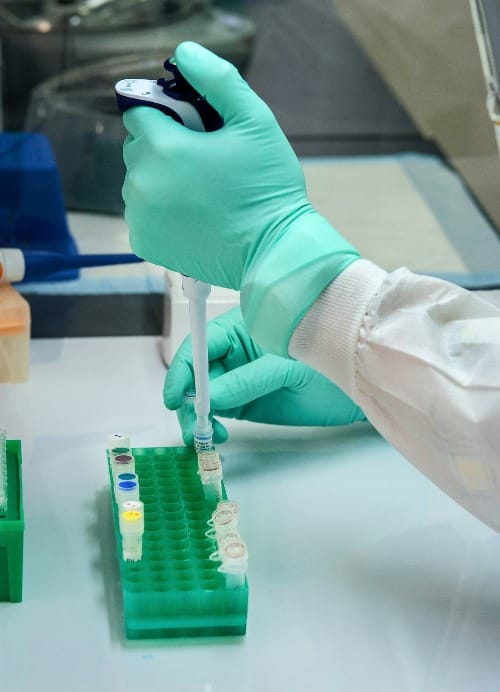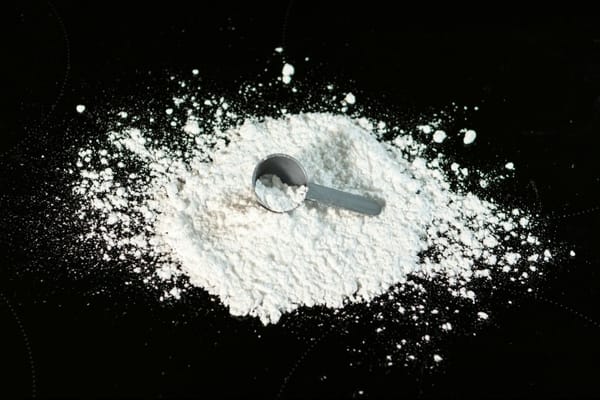Recent research suggests that Viagra (sildenafil), originally developed for treating erectile dysfunction, may have unexpected benefits for longevity. According to a study published in The Journal of Sexual Medicine, men taking PDE5 inhibitors like Viagra were 25% less likely to die from any cause and 39% less likely to die from cardiovascular disease compared to those not taking these medications.
Cardiovascular Protection: Viagra's Impact on Heart Health
Viagra (sildenafil) and other PDE5 inhibitors have demonstrated significant cardiovascular protective effects, potentially reducing the risk of heart disease and related complications. A large study of over 23,000 men with erectile dysfunction found that those taking PDE5 inhibitors had a 13% lower rate of major adverse cardiovascular events, including heart attack, stroke, and heart failure[4].
The cardioprotective properties of Viagra are attributed to its vasodilatory effects, which improve blood flow throughout the body. By relaxing smooth muscles in arteries, Viagra can enhance overall cardiovascular function[2]. This mechanism may help reduce the stiffness and inflammation of arteries, potentially slowing the progression of atherosclerosis[4].
Contrary to some concerns, Viagra does not appear to increase the risk of heart attacks when used as prescribed. In fact, it may have a protective effect on the heart. The medication's impact on blood pressure is generally mild, with average reductions of 8.3/5.3 mmHg, which is not considered dangerous for most individuals with heart disease[2][3].
It's important to note that Viagra's cardiovascular benefits extend beyond those with existing heart conditions. The study found that men without diagnosed coronary artery disease, but with risk factors such as type 2 diabetes, also experienced heart-related benefits from PDE5 inhibitor use[4].
However, caution is still advised for certain individuals. Those with severe heart conditions such as aortic stenosis, hypertrophic cardiomyopathy, or pulmonary veno-occlusive disease should consult their healthcare provider before using Viagra[2][5]. Additionally, men taking nitrate medications for chest pain should avoid Viagra due to the risk of dangerous drops in blood pressure[2].
While these findings are promising, researchers emphasize that more studies are needed to establish a definitive causal relationship between Viagra use and improved cardiovascular outcomes[4]. Nonetheless, the current evidence suggests that Viagra and similar medications may offer significant cardiovascular protection, potentially reducing the risk of heart-related events and improving overall heart health in men with erectile dysfunction.
Reduced Mortality Rates in Viagra Users
Studies have shown a significant reduction in mortality rates among men who use Viagra (sildenafil) and other PDE5 inhibitors. A large-scale study published in The Journal of Sexual Medicine found that men taking erectile dysfunction medications were 25% less likely to suffer early death compared to those not taking such drugs[1][2]. This reduced mortality risk was even more pronounced for cardiovascular-related deaths, with users of PDE5 inhibitors showing a 39% lower rate of death due to cardiovascular disease[4].
The protective effects appear to be dose-dependent, with higher usage associated with greater benefits. Men who filled the highest number of PDE5 inhibitor prescriptions (an average of 191.2 tablets per person) were 55% less likely to experience a major adverse cardiovascular event and 49% less likely to die during the follow-up period compared to those who filled the lowest number of prescriptions[2].
These findings were consistent across different populations. Even men without diagnosed coronary artery disease but with risk factors for cardiovascular disease, such as type 2 diabetes, experienced reduced mortality rates when taking PDE5 inhibitors[4].
A separate study conducted by Swiss and French researchers, analyzing 40 years of medical records from about 500,000 British men and women, corroborated these findings. Their results indicated that men taking sildenafil were 15% less likely to die during the course of the study[5].
It's important to note that while these observational studies show strong associations between PDE5 inhibitor use and reduced mortality, they cannot definitively prove causation. Factors such as overall health status, lifestyle, and frequency of sexual activity may also play a role in the observed outcomes[2][4]. Researchers emphasize the need for prospective randomized placebo-controlled trials to further investigate these potential life-extending benefits of Viagra and similar medications[4].
Mechanism of Action: How Viagra Affects Longevity
Viagra (sildenafil) and other PDE5 inhibitors may contribute to increased longevity through several interconnected mechanisms:
1. Improved cardiovascular function: PDE5 inhibitors work by increasing levels of cyclic guanosine monophosphate (cGMP) in the body. This leads to relaxation of smooth muscles in artery walls, promoting better blood flow and circulation[2]. The improved cardiovascular function may help reduce the risk of heart disease and related complications, potentially extending lifespan.
2. Reduction of oxidative stress: Some studies suggest that PDE5 inhibitors may have antioxidant properties. By reducing oxidative stress in the body, these drugs could help protect cells from damage and slow down aging processes[2].
3. Anti-inflammatory effects: Chronic inflammation is associated with various age-related diseases. PDE5 inhibitors have shown potential anti-inflammatory effects, which could contribute to their longevity benefits[2].
4. Improved endothelial function: The endothelium, the inner lining of blood vessels, plays a crucial role in cardiovascular health. PDE5 inhibitors have been shown to improve endothelial function, which may help maintain vascular health and reduce the risk of cardiovascular diseases[4].
5. Potential neuroprotective effects: Some research suggests that PDE5 inhibitors may have neuroprotective properties, potentially benefiting brain health and cognitive function as people age[2].
6. Hormonal influences: PDE5 inhibitors may indirectly affect hormone levels, particularly testosterone. Improved sexual function and increased sexual activity could potentially lead to hormonal changes that have positive effects on overall health and longevity[4].
7. Pulmonary benefits: PDE5 inhibitors are also used to treat pulmonary arterial hypertension. By improving lung function and reducing strain on the heart, these drugs may contribute to better overall health and longevity.
It's important to note that while these mechanisms are supported by various studies, the exact pathways by which Viagra and similar drugs may extend lifespan are not fully understood. Dr. Robert A. Kloner, lead author of the Journal of Sexual Medicine study, emphasizes the need for more rigorous research to explore these potential longevity benefits[2].
Additionally, the observed longevity benefits may be partly due to improved quality of life and increased physical activity resulting from better sexual function. Regular sexual activity itself has been associated with various health benefits that could contribute to increased lifespan[4].
While these findings are promising, experts caution that more research is needed to establish a definitive causal relationship between PDE5 inhibitor use and increased longevity. Future studies, particularly randomized controlled trials, will be crucial in further elucidating the mechanisms by which Viagra and similar drugs may affect lifespan[3].













Member discussion